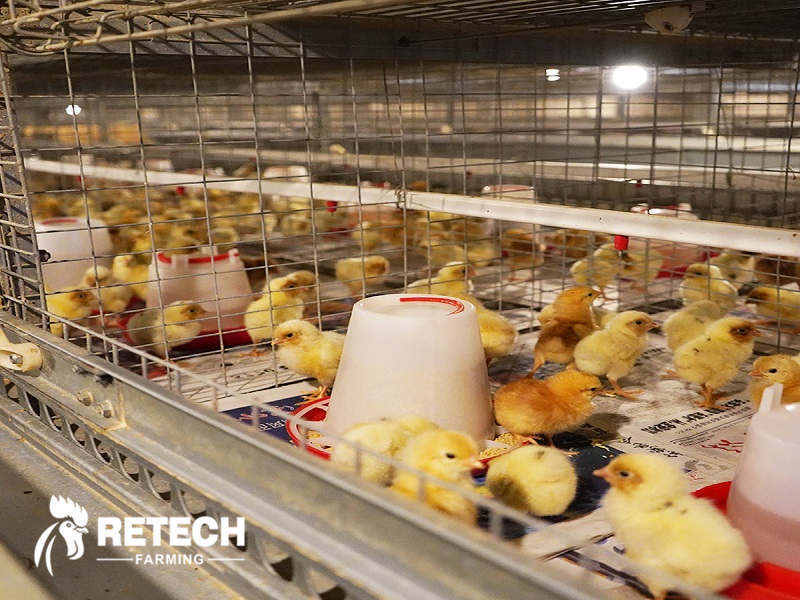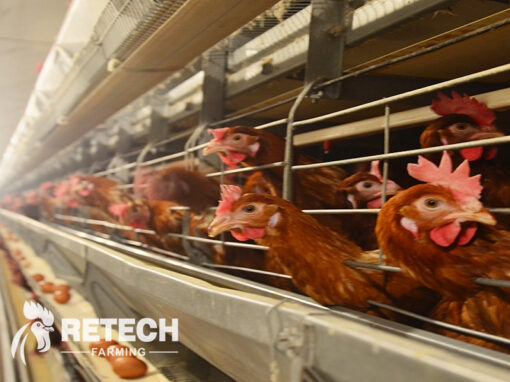1.Inadequate thermoregulation
The body temperature of newly born chicks is 2°C~3°C lower than that of adult chickens. The body temperature of chicks around 10 days old can reach the body temperature of adult chickens. The temperature regulation skills tend to be perfect at around 3 weeks old, and 7 to 8 weeks old have the ability to adapt to changes in the external environment.
2.rapid growth
The body weight of chicks at 2 weeks old can reach 2 times of the birth weight. At the age of 6 weeks, the growth and development are rapid, and the metabolism is vigorous. The actual body weight is more than 10 times the birth weight.
At this time, the nutritional needs of this stage need to be met to promote the rapid growth of chicks.

drinking system
3.Feathers grow fast
Chicks have increased protein requirements at 4 weeks of age, especially those with higher levels of sulfur-containing amino acids.
4.Small gastrointestinal volume and weak digestion
Newly-born chicks have a small gastrointestinal volume and weak digestion. Therefore, during the brooding period, special attention should be paid to feeding low-fiber and easily digestible feeds, which will help the chicks to fully absorb the nutrients in the food.
5.Chickens are sensitive to the external environment
Chicken flocks are less timid when they are young, and are particularly sensitive to the external environment of the flock’s life. A slight change in the surrounding environment is prone to stress reactions.
Therefore, during the brooding period, it is necessary to ensure that the environment of the brooding chicks house at this stage is quiet, reduce changes in sound, color and other aspects, and reduce the stress response of chickens to environmental changes.


